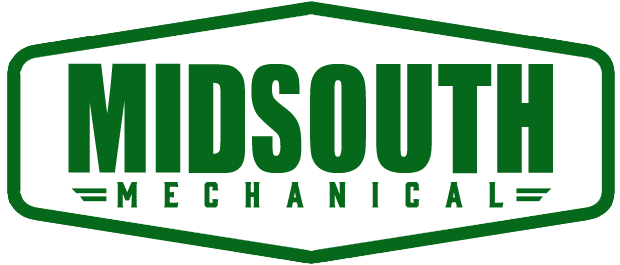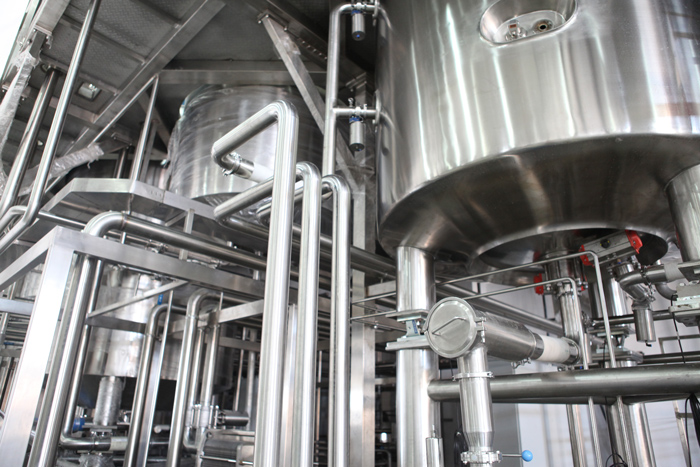An examination of the latest advancements in process piping technology, including new materials, coatings, and automation systems.
Process piping is an essential component of many industrial and manufacturing processes, delivering fluids, gases, and other materials from one location to another. Over the years, advances in technology have led to the development of new materials, coatings, and automation systems that have made process piping more reliable, efficient, and cost-effective.
One of the biggest advancements in process piping technology has been the development of new materials. For example, fiberglass reinforced plastic (FRP) has emerged as a popular alternative to traditional metal pipes. FRP pipes are lightweight, corrosion-resistant, and can withstand harsh environments, making them ideal for use in chemical and wastewater treatment plants.
Another material that has gained traction in the process piping industry is high-density polyethylene (HDPE). This material is known for its flexibility, durability, and resistance to corrosion, making it well-suited for use in a variety of applications, from oil and gas pipelines to water distribution systems.
In addition to new materials, advancements in coatings have also helped to improve the performance and longevity of process piping systems. For example, coatings that contain ceramic particles can provide increased resistance to abrasion, corrosion, and erosion, while coatings that incorporate silver ions can help to prevent the growth of bacteria and other microorganisms.
Finally, automation systems have also made significant strides in recent years, helping to streamline process piping operations and reduce the risk of human error. For example, automated leak detection systems can quickly detect and isolate leaks, reducing downtime and minimizing the risk of environmental damage. Meanwhile, intelligent control systems can optimize the flow of materials through the piping system, improving efficiency and reducing energy costs.
In conclusion, the latest advancements in process piping technology have helped to make these systems more reliable, efficient, and cost-effective. Whether you are looking for new materials, improved coatings, or advanced automation systems, there is no doubt that the future of process piping is looking bright.
Our team is here to help.
Contact a project manager today!


